#EuropeanAutomotiveIndustry
Automakers Understandably Freaking Out Over 'No Deal' Brexit
With Britain’s parliament rejecting Prime Minister Theresa May’s latest Brexit deal, European automakers stand to face some strong headwinds in the near future. As of now, no clear path lies ahead. Many believe the European Union will continue playing hardball, punishing Britain for leaving. But, even if it doesn’t, loads of regulatory and trade issues must be resolved in short order to avoid problems.
There’s also no shortage of hyperbole surrounding the issue. Just this morning I heard cable news call it “the largest crisis in Britain’s history,” as if World War II never happened. A channel away, another outlet proclaimed how splendid it would be for trade between the United Kingdom and United States.
Regardless of which side of the fence you fall, there’s more at stake here than Theresa May’s job. Automakers, who like consistency above all else, worry a no deal plan for “British independence” could be tantamount to flipping the industry table. They don’t like being caught up in the uncertainty surrounding Brexit, and there appears to be an endless list of issues to contend with.
Germany and Italy Oppose Stiffer European Car Approval Rules
Italy and Germany are opposing attempts to give the European Union more authority over the way national car regulators approve new cars for sale. As wild as it is to learn that Germany is standing in the way of stricter automotive regulation and oversight, allow us to assure you that you’ve not misread the above statement. For some reason, Deutschland doesn’t want to see enhanced industry surveillance.
Our best guess is that the opposition has something to do with Volkswagen Group’s diesel crisis, recent concerns that BMW may have utilized a “shut off” device that masked NOx emissions, and the ongoing investigation into a German automotive cartel that may have operated for decades. But there’s also a chance these automakers simply don’t want to deal with the red tape that comes along with piling on government oversight.
Brexit Seems to Have Really Screwed Up Britain's Car Market
While some of Europe saw modest auto sale gains through the first nine months of 2017, the region has mirrored North America’s decline in deliveries since the end of the summer. The United States saw eight consecutive months of declining sales this year, with a positive bump in September and better than expected volume in Canada.
Europe, meanwhile, saw the inverse. Passenger car registrations fell 2 percent year-over-year to roughly 1.43 million deliveries in September, despite August seeing a 5.6-percent improvement. Overall, 2017 has the makings of a unsatisfactory sales year for both regions. But Europe seemed to be doing alright before the U.K. suddenly stopped buying cars.
British registrations took a massive nosedive after Brexit. By September, it represented a monthly decline of 9.3 percent, compared to Germany’s 3.3 percent slide. Even though the rest of the continent saw a gain in sales, having Europe’s two largest markets lagging guaranteed the net loss.
GENEVA: Dacia Has New Models, Like Them on Facebook!
Romanian automaker Dacia is crafting limited-edition versions of its most popular models and wants its online fans to name them.
To mark the initiative, Dacia brought its first such model — the Swiss market-bound Duster Essential — to show off at the 2016 Geneva Motor Show.
Creature comforts like power windows and doors, alloy wheels, Bluetooth connectivity and a new specialty body color (which even covers the bumpers!) are what sets these versions apart from their entry-level brethren. It also puts greater distance between the brand and its crude Eastern Bloc origins.
Automakers Rage Against UK's Possible 'Brexit' From EU
A handful of European automakers are lashing out against the prospect of the United Kingdom’s “Brexit” from the European Union via referendum in 2017.



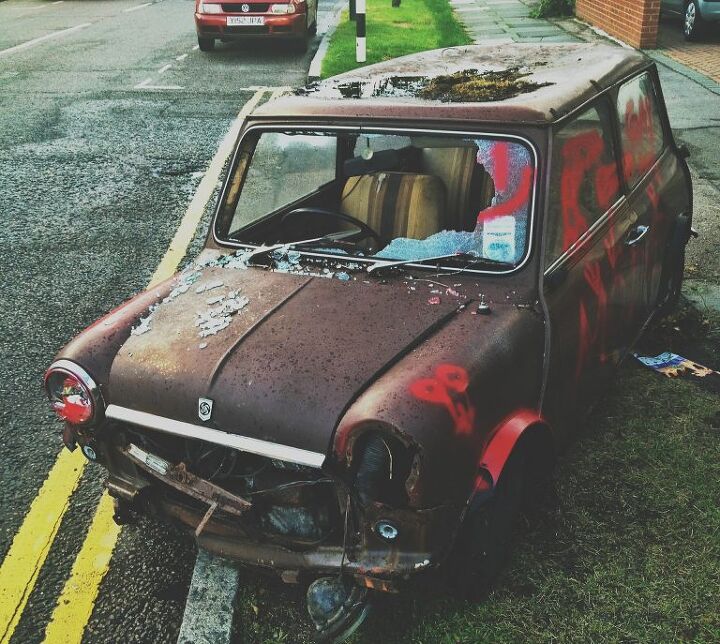
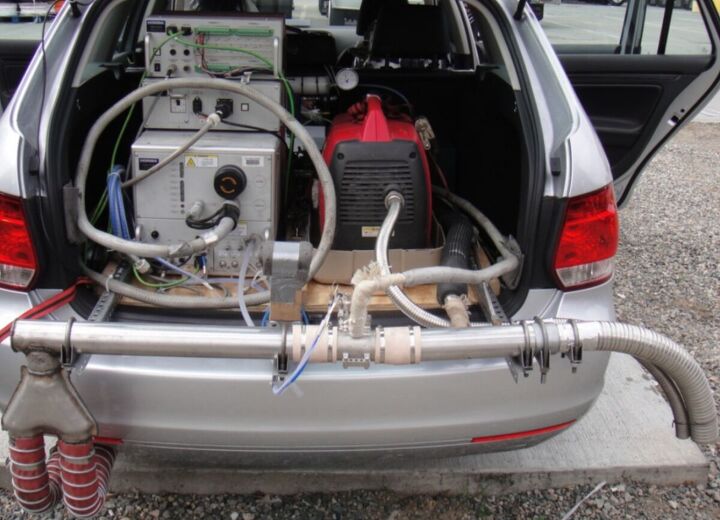
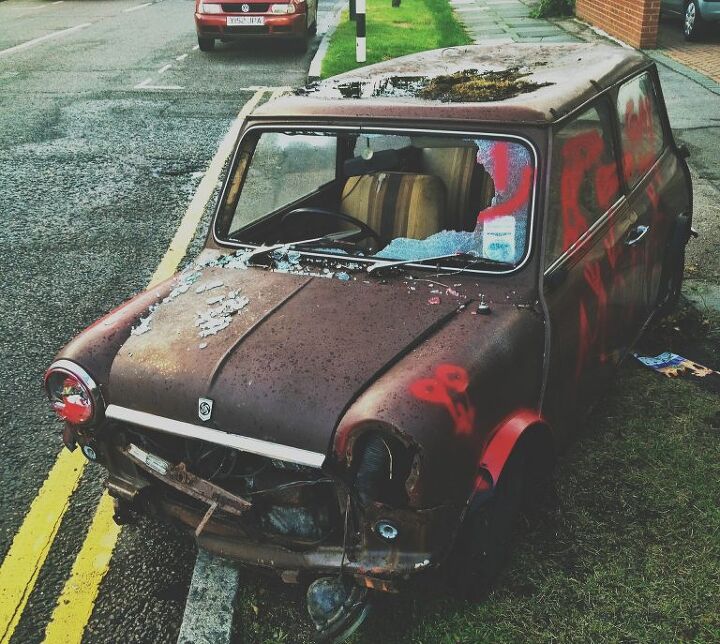
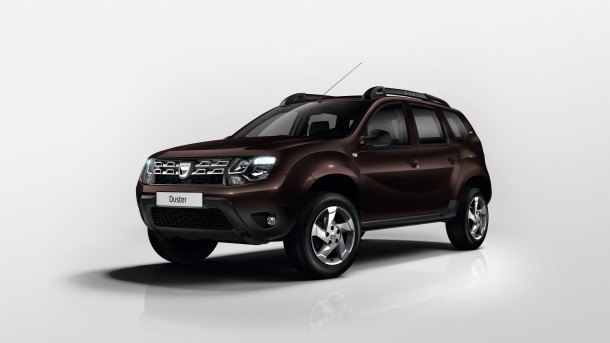
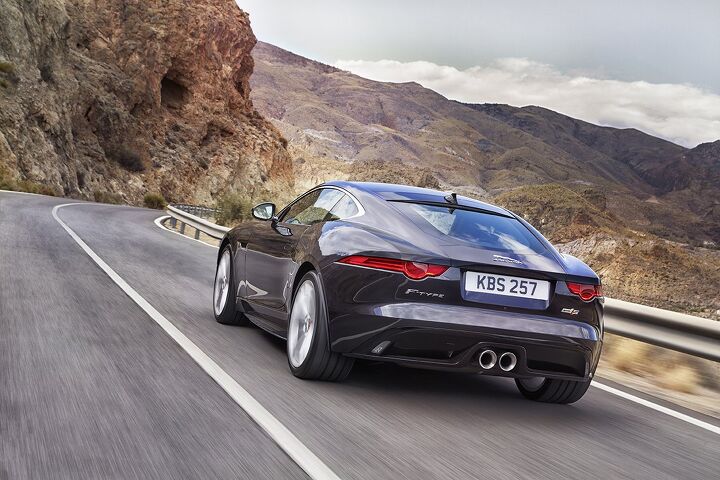












Recent Comments